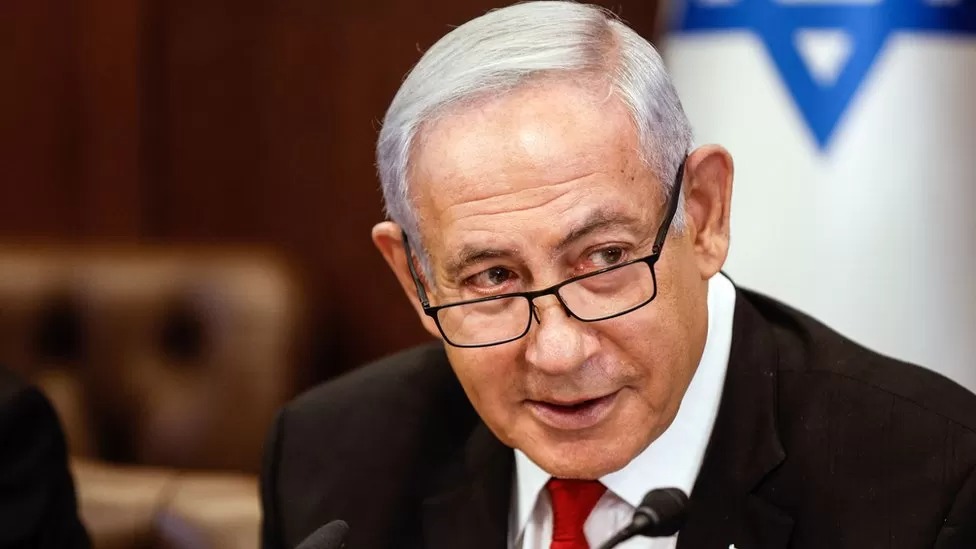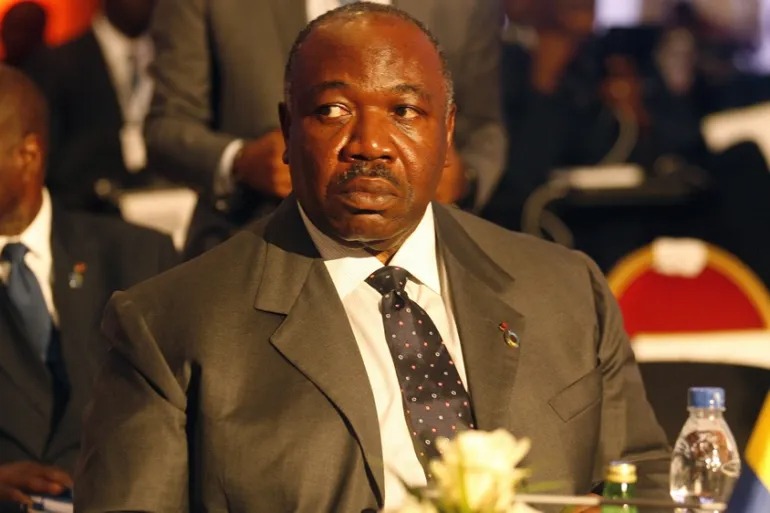In a significant development on the path to a potential groundbreaking Saudi-Israeli deal, Palestinian officials have laid out their terms, including a substantial cash injection and increased control over land in the occupied West Bank. These demands were revealed during talks between Palestinian Authority (PA) officials and their Saudi counterparts in Riyadh, followed by scheduled discussions with US officials. The United States has been actively pushing for a landmark agreement that would normalize relations between Saudi Arabia and Israel, underwritten by Washington and including a major security pact desired by the Saudis. Although hurdles remain, this potential realignment in Middle East dynamics has stirred speculation about the framework of any deal.
American Diplomacy in the Middle East
Amid ongoing shuttle diplomacy by American officials between Riyadh, Amman, and Jerusalem, the prospect of a Saudi-Israeli pact has garnered increasing attention. President Joe Biden views such a deal as a significant foreign policy achievement to present to voters ahead of the upcoming election. However, the complexities and controversies surrounding the proposed agreement cannot be underestimated.
Saudi Arabia’s Historic Shift
Saudi Arabia, a prominent leader in the Arab and Islamic world, has never officially recognized Israel since its establishment in 1948. The potential benefits for both nations include trade and defense ties, aligning with other Arab states that normalized relations with Israel in 2020. Still, Saudi Crown Prince Mohammed bin Salman faces domestic challenges, given historical opposition to Israel and strong sympathy for the Palestinian cause among the Saudi population.
Palestinian Demands for a Role in the Process
As negotiations progress, the Palestinian officials have set forth their conditions to engage in the American-backed process. These demands include the transfer of parts of the West Bank currently under full Israeli control, a complete halt to Israeli settlement expansion in the West Bank, the resumption of Saudi financial support to the PA, the reopening of the US consulate in Jerusalem, and a restart of US-brokered negotiations between Israel and the Palestinians. These concessions are already perceived as significant by the Americans, but they fall short of the Palestinians’ official position, which demands an independent state as outlined in the Arab Peace Initiative.
The Arab Peace Initiative, led by Saudi Arabia in 2002, called for Arab recognition of Israel in exchange for Israeli withdrawal from occupied territories and the establishment of a Palestinian state with its capital in East Jerusalem. The current approach reflects the difficult position the Palestinian leadership finds itself in, navigating the complexities of international diplomacy and its own public’s expectations.
While the road to a Saudi-Israeli agreement is fraught with challenges, the Palestinians’ role in shaping the terms of this historic deal adds an intriguing layer to the negotiations. The outcome remains uncertain, and the potential for significant Israeli concessions, as well as the reaction of the Palestinian and Israeli populations, will be crucial factors in determining the viability of such an agreement. As American diplomacy continues to play a pivotal role in this process, the world watches with anticipation, knowing that the implications of this potential Middle East realignment are far-reaching.
















